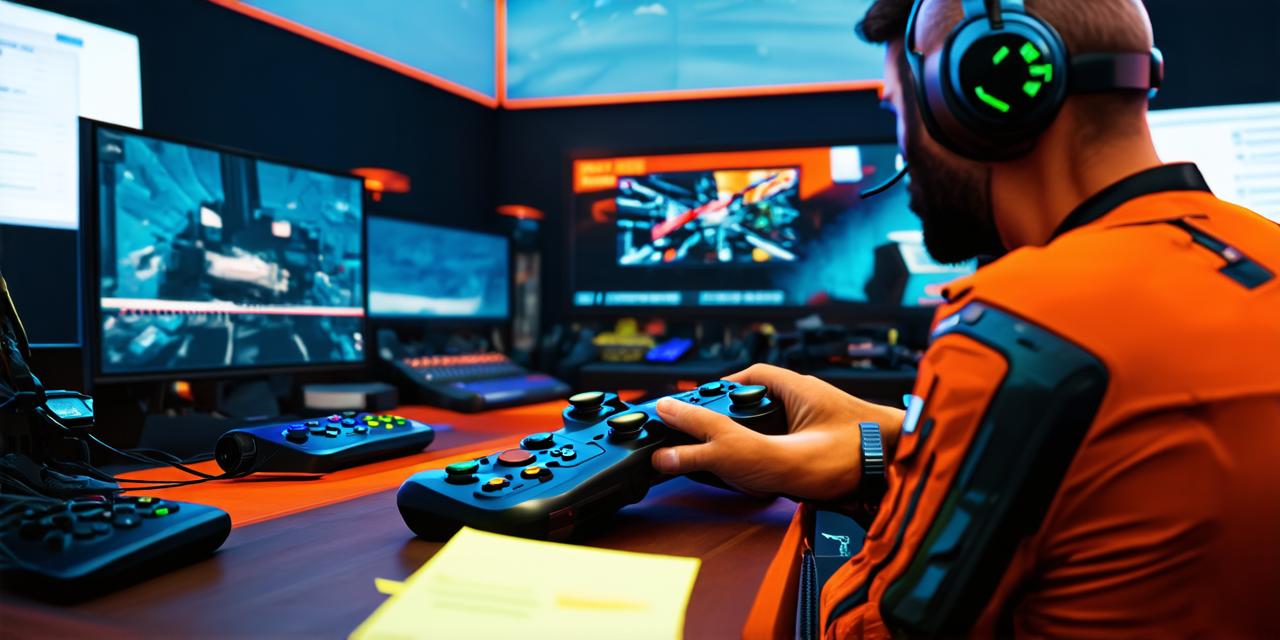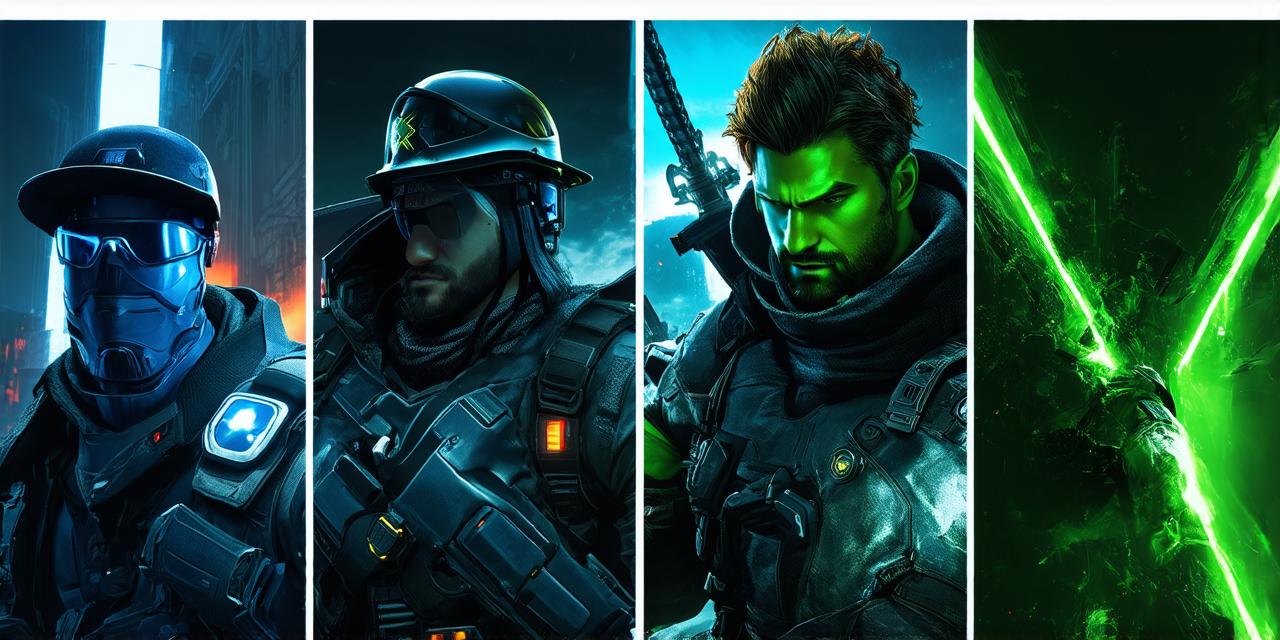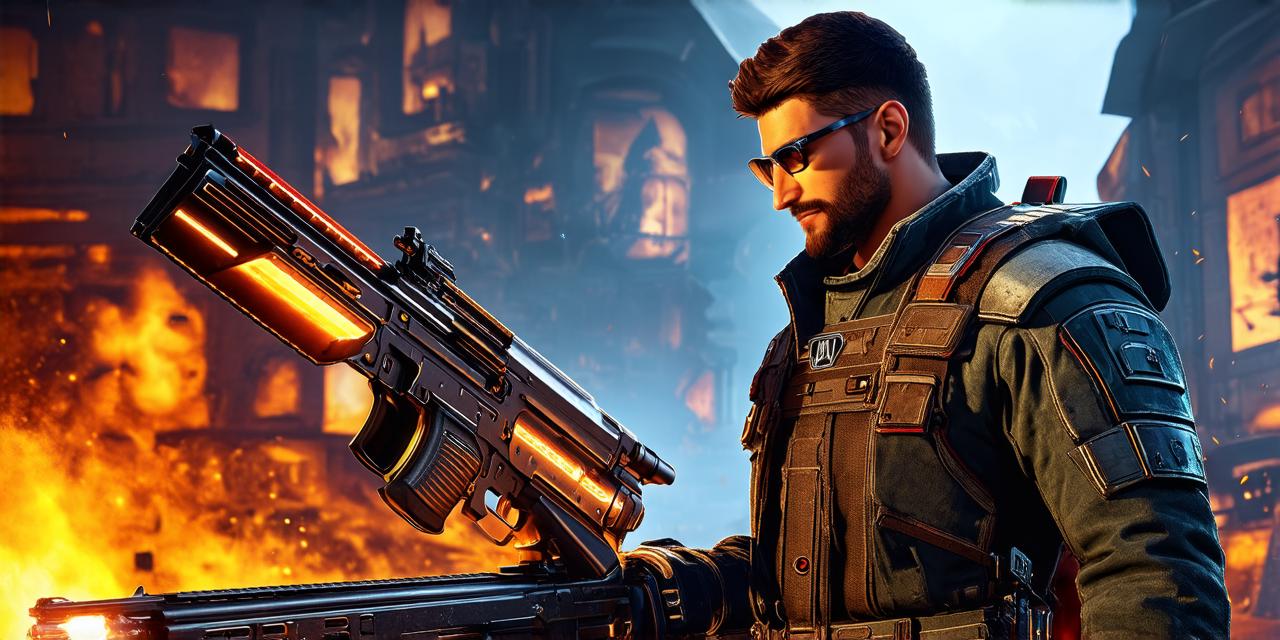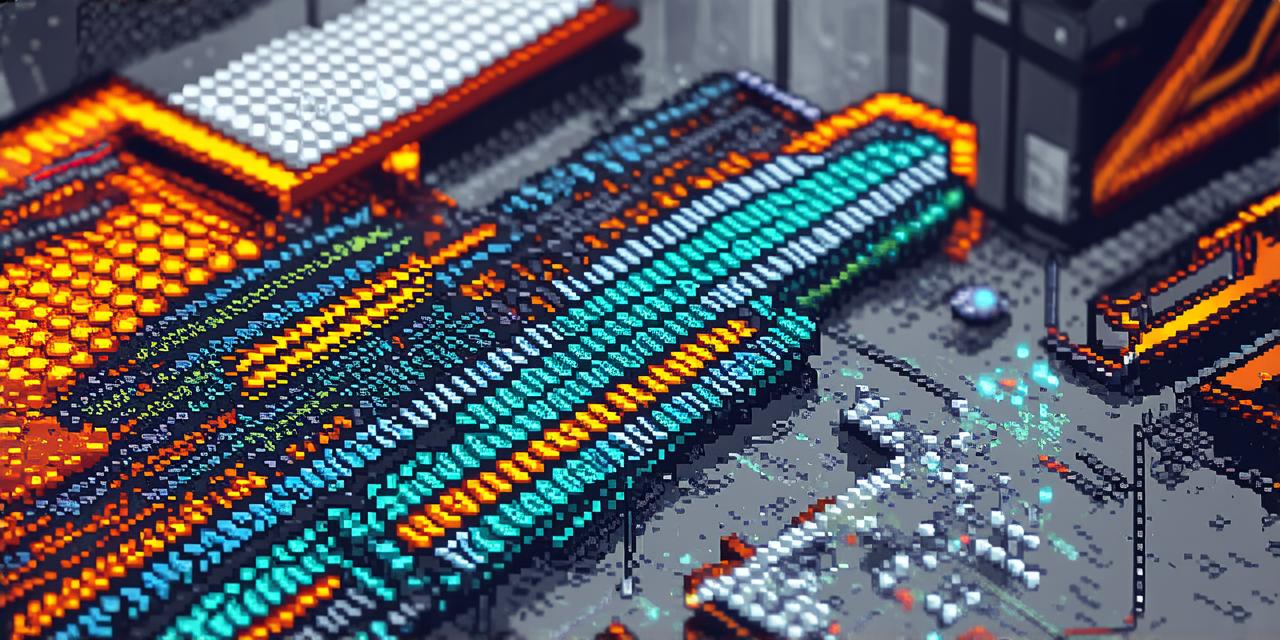Game development is a complex and ever-evolving process that requires creativity, technical expertise, and a deep understanding of player preferences. However, despite the importance of engaging with players, many game developers seem to be ignoring the feedback and opinions of their fans. In this article, we will explore why it’s crucial for game developers to listen to their community and the benefits that come with doing so.
Understanding Your Audience
Before a game is even released, developers have access to a wealth of information about their target audience through market research, focus groups, and beta testing. This data can provide valuable insights into what players want from a game, including features, storylines, and graphics. However, this information often stops at the initial stages of development, and developers tend to ignore it once the game hits the market.
One example of a developer who has successfully engaged with their community is CD Projekt Red, the creators of The Witcher series. They have been very open about listening to player feedback and incorporating it into their games. For example, they added a “Beast Hunter” mode in The Witcher 3: Wild Hunt based on player demand, and they also made changes to the game’s dialogue system based on feedback from players who wanted more choices in how their character interacted with other characters.
Another successful example is Minecraft, which has a massive community of dedicated fans who have created their own content, mods, and games based on the game’s core mechanics. The developers at Mojang have been very receptive to player feedback and have made changes to the game based on suggestions from their community. For example, they added new biomes and features in each major update of the game based on player demand.
The Benefits of Listening to Your Community
Engaging with your community can bring many benefits to your game development process. Firstly, it can help to improve player satisfaction and loyalty, which can lead to repeat purchases and positive word-of-mouth advertising. Players who feel heard and valued are more likely to continue supporting the game and its developers.
Secondly, listening to your community can also help to identify potential issues with your game before they become major problems. For example, if players are consistently complaining about a particular feature or bug in your game, it may be an indication that something needs to be fixed or improved. By addressing these issues early on, you can prevent player dissatisfaction and maintain the quality of your game.
Thirdly, engaging with your community can also help to generate new ideas for future updates and expansions. Players who feel like they have a say in what features they would like to see added to the game are more likely to continue playing and supporting the game in the long run. This can lead to a more sustainable and profitable business model for game development.
How to Effectively Engage with Your Community
So, how do you effectively engage with your community? There are several ways to do this, including:
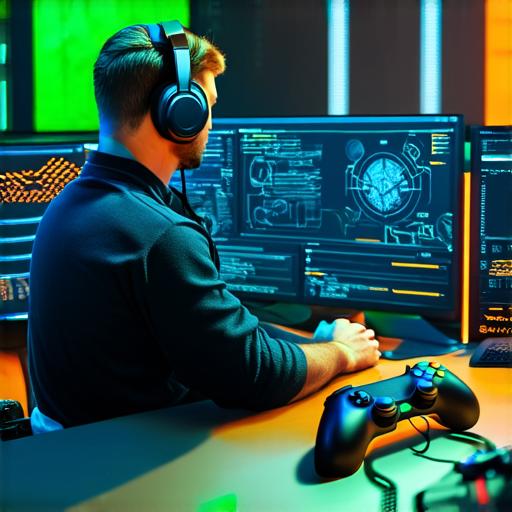
- Social Media: Social media platforms like Twitter, Facebook, and Reddit are excellent tools for engaging with players and listening to their feedback. Use these platforms to respond to player comments, post updates about the game, and ask for feedback on upcoming features or expansions.
- Forums: Many games have dedicated forums where players can discuss the game, share ideas, and provide feedback. These forums can be a valuable resource for developers who want to stay in touch with their community and gather insights into player preferences.
- Surveys and Polls: Surveys and polls are an effective way to gather feedback from your community on specific issues or features. They can be used to identify areas where improvements need to be made, as well as to gauge player interest in new content or expansions.
- Game Jams and Contests: Hosting game jams or contests is a great way to engage with your community and encourage them to create their own content based on your game’s mechanics. These events can also help to generate new ideas for future updates and expansions.
- Community Events: Organizing community events like meetups, gaming tournaments, and fan art contests can help to foster a sense of belonging among players and encourage them to become more involved in the game and its community.
